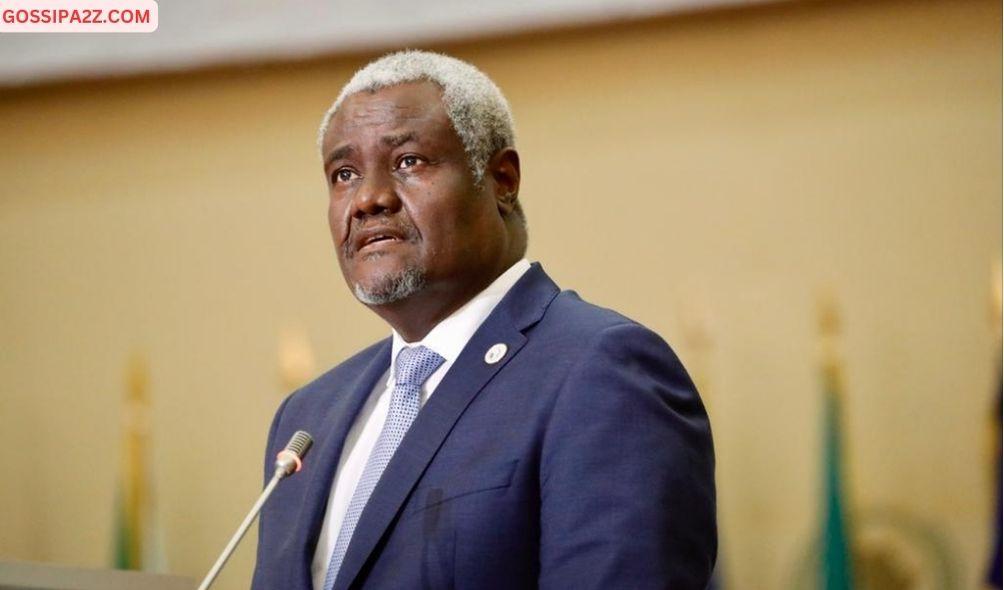AU Chair Slams Africa’s Fertilizer Import Strategy Weeks After Kenya Fertilizer Scandal
Kenya, a major importer of fertilizers, is considering significant changes to its importation methods after receiving strong criticism from Moussa Faki Mahamat, the African Union’s Chairperson.
Faki Mahamat voiced his critique at the Africa Fertiliser and Soil Health Summit in Nairobi on May 9. He criticized the heavy reliance of African countries on European-imported fertilizers and urged a shift towards locally made alternatives. He highlighted the continent’s dependency on imported fertilizers, despite having local production options.
“Some African countries produce fertilizers, yet we primarily rely on expensive imports,” Faki Mahamat lamented. He emphasized the importance of using continental resources to support local production and offer affordable, quality fertilizers.
Kenya, one of the top five net fertilizer importers in Africa, alongside Ethiopia, Cote d’Ivoire, Zambia, and the Democratic Republic of Congo, is reconsidering its fertilizer sourcing strategy. World Bank data suggest that intra-African trade could buffer the continent from global crises like the Ukraine-Russia conflict.
Kenya spends around Ksh56 billion annually on fertilizers and is currently dealing with the problem of counterfeit products. Parliament members are seeking to impeach Agriculture Cabinet Secretary Mithika Linturi over this issue.
Despite its strong agricultural potential, Kenya mainly imports its fertilizers from outside Africa. Jordan and Germany are notable suppliers, as indicated by World Bank data.
ALSO READ:
- “Two Groups, One Agenda”: Gachagua Accuses Raila of Secret Political Deals
- Exclusive: Ida Odinga’s 75th Birthday Party in Karen (Photos)
- FKF President Discloses Exact Amount Paid to Harambee Stars Players
- Gachagua’s Ally Senator John Methu Admits Ruto Might Win 2027 Elections
- Maraga Explains Why He Hasn’t Campaigned in Kisii Despite 2027 Bid
During the summit, Kenyan President William Ruto agreed with Faki Mahamat’s views, calling for improved local manufacturing to make fertilizers more accessible and affordable. Ruto emphasized that local production could enhance agricultural productivity and reinforce food security across Africa.
Faki Mahamat also expressed concern about the low adoption of fertilizers on the continent, noting that the target agreed upon in 2006 was 50kg per hectare annually, but the current average usage is just 18kg.
“We need to understand and address the reasons for this gap,” Faki Mahamat said, calling for strong political commitment from member states to prioritize agriculture and invest in its development.
Global fertilizer price fluctuations, worsened by supply chain disruptions due to geopolitical conflicts, create significant hurdles for African farmers. Export disruptions from major suppliers Belarus and Russia, and restrictions from other exporting nations to protect their domestic markets, have further strained the situation.
In response, President Ruto’s administration is importing 12.5 million bags of subsidized fertilizer to help local farmers. Kenya’s fertilizer imports amounted to US$419.81 million (around Ksh56 billion) in 2022, highlighting the need for a more sustainable strategy in fertilizer procurement and production.
AU Chair Slams Africa’s Fertilizer Import Strategy Weeks After Kenya Fertilizer Scandal
